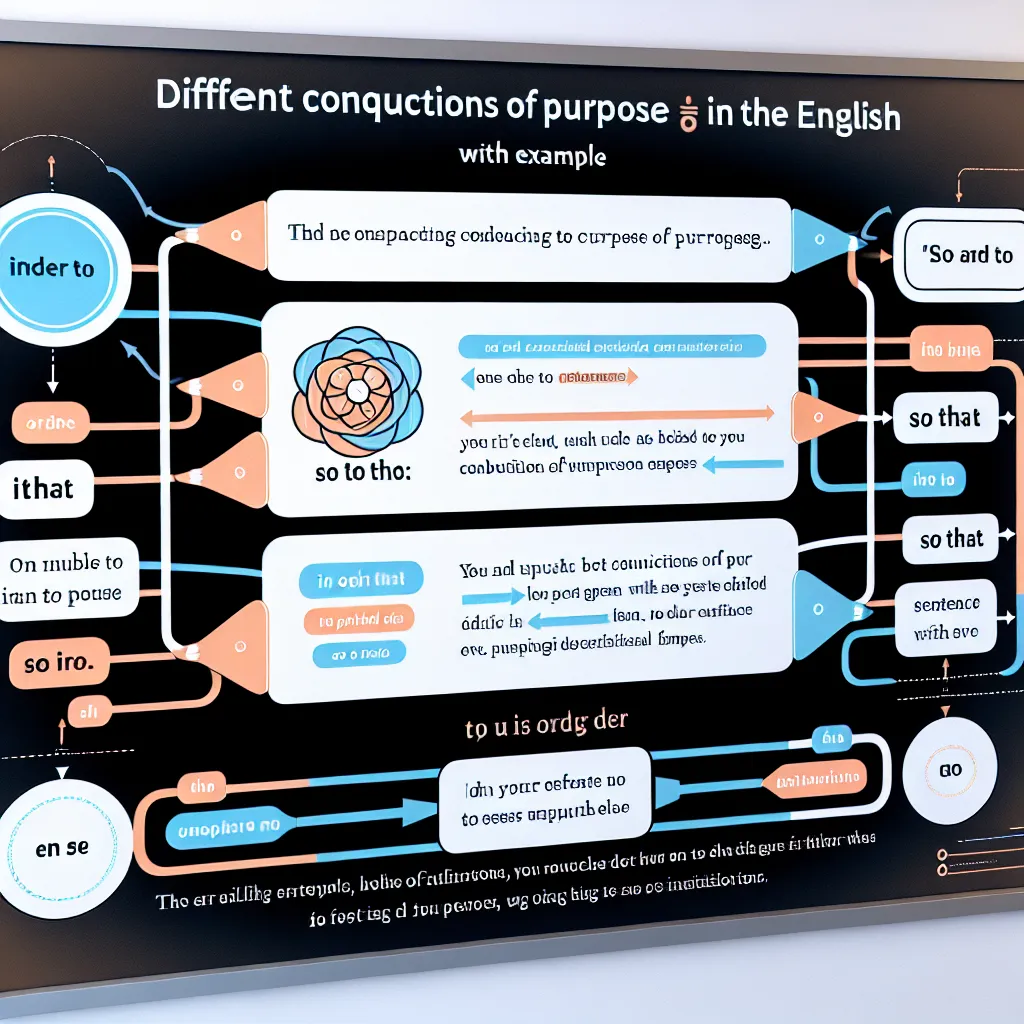Diplomatic writing requires a sophisticated command of language, particularly when it comes to grammar. This article will explore advanced grammar techniques essential for crafting effective diplomatic correspondence, offering insights and practical tips for those looking to elevate their writing skills in this specialized field.
Understanding the Importance of Advanced Grammar in Diplomacy
In the world of international relations and diplomacy, every word matters. The precise use of grammar can make the difference between a message that builds bridges and one that creates misunderstandings. Advanced grammar skills allow diplomats and officials to express complex ideas with clarity, tact, and nuance.
 Advanced diplomatic writing techniques
Advanced diplomatic writing techniques
Key Aspects of Diplomatic Writing
- Precision: Avoiding ambiguity through careful word choice and sentence structure.
- Formality: Maintaining an appropriate level of decorum in all communications.
- Neutrality: Using language that is balanced and non-confrontational.
- Subtlety: Conveying messages indirectly when necessary.
Mastering Complex Sentence Structures
Diplomatic writing often involves conveying complex ideas. Understanding how to construct sophisticated sentences is crucial for achieving this effectively.
The Art of Subordination
Subordinate clauses allow writers to pack more information into a single sentence while maintaining clarity. For example:
“While acknowledging the concerns raised by the delegation, we propose a solution that addresses the core issues without compromising the integrity of the agreement.”
This sentence uses subordination to present multiple perspectives concisely.
Perfecting the Use of Participial Phrases
Participial phrases can add depth to sentences without making them overly complex. Consider this example:
“Recognizing the delicate nature of the negotiations, the ambassador approached the talks with measured optimism.”
Here, the participial phrase provides context efficiently.
For more on using advanced sentence modifiers, visit our guide on how to use advanced sentence modifiers.
Employing the Subjunctive Mood
The subjunctive mood is essential in diplomatic writing for expressing hypothetical situations, suggestions, or desires. It’s particularly useful in conditional statements.
Example in Diplomatic Context:
“Should the parties reach an agreement, it would be imperative that all signatories adhere to the terms set forth.”
This use of the subjunctive (“should” and “would”) conveys a hypothetical scenario without asserting it as fact.
To deepen your understanding of the subjunctive in formal contexts, explore our article on how to master subjunctive in formal contexts.
Navigating Tense and Aspect for Diplomatic Nuance
The choice of tense and aspect can significantly impact the tone and implication of diplomatic communications.
Present Perfect for Ongoing Relevance
“Our nations have enjoyed a fruitful partnership for decades, which has laid the foundation for our current discussions.”
The present perfect tense here emphasizes the continued relevance of past actions to the present situation.
Future Perfect for Anticipated Achievements
“By the time the summit concludes, we will have established a framework for future cooperation.”
This use of future perfect expresses confidence in future accomplishments while maintaining a diplomatic tone.
Mastering Modal Verbs for Diplomacy
Modal verbs are crucial in diplomatic language for expressing levels of certainty, obligation, or possibility.
Examples:
- “We would be pleased to consider your proposal.” (Polite openness)
- “The delegation must adhere to the agreed-upon schedule.” (Clear obligation)
- “This agreement could pave the way for improved relations.” (Cautious optimism)
Advanced Techniques for Hedging and Mitigation
Diplomatic language often requires softening statements or avoiding direct assertions. Advanced grammar techniques can help achieve this.
Using Impersonal Constructions
“It has been observed that progress in certain areas has been slower than anticipated.”
This construction avoids directly attributing the observation to any party.
Employing Distancing Verbs
“The report appears to suggest a shift in policy.”
The use of “appears to suggest” creates distance from the statement, allowing for diplomatic interpretation.
For more insights on improving grammar in diplomatic correspondence, check out our article on how to improve grammar in diplomatic correspondence.
Crafting Conditional Statements in Diplomacy
Conditional statements are a cornerstone of diplomatic language, allowing for the exploration of possibilities without commitment.
Mixed Conditionals for Nuanced Scenarios
“If the current proposal had been accepted last month, we would now be discussing implementation strategies.”
This mixed conditional deftly combines past and present considerations.
To perfect your use of conditionals in diplomatic contexts, visit our guide on perfecting the use of subjunctive in conditionals.
Important Considerations
- Consistency: Maintain a consistent tone and level of formality throughout your writing.
- Cultural Sensitivity: Be aware of cultural differences in language use and interpretation.
- Proofreading: Given the high stakes of diplomatic communication, thorough proofreading is essential.
Next Steps in Mastering Diplomatic Grammar
- Practice with real-world examples of diplomatic correspondence.
- Engage in role-playing exercises to apply these grammar techniques in various scenarios.
- Seek feedback from experienced diplomats or language experts.
- Stay updated on evolving language norms in international relations.
For a comprehensive overview of grammar techniques in strategic communications, including diplomacy, explore our article on advanced grammar for strategic communications.
Mastering Advanced Grammar For Diplomatic Writing is an ongoing process that requires practice, attention to detail, and cultural awareness. By honing these skills, writers can craft messages that are clear, nuanced, and effective in the complex world of international relations. Remember, in diplomacy, how you say something is often as important as what you say.




